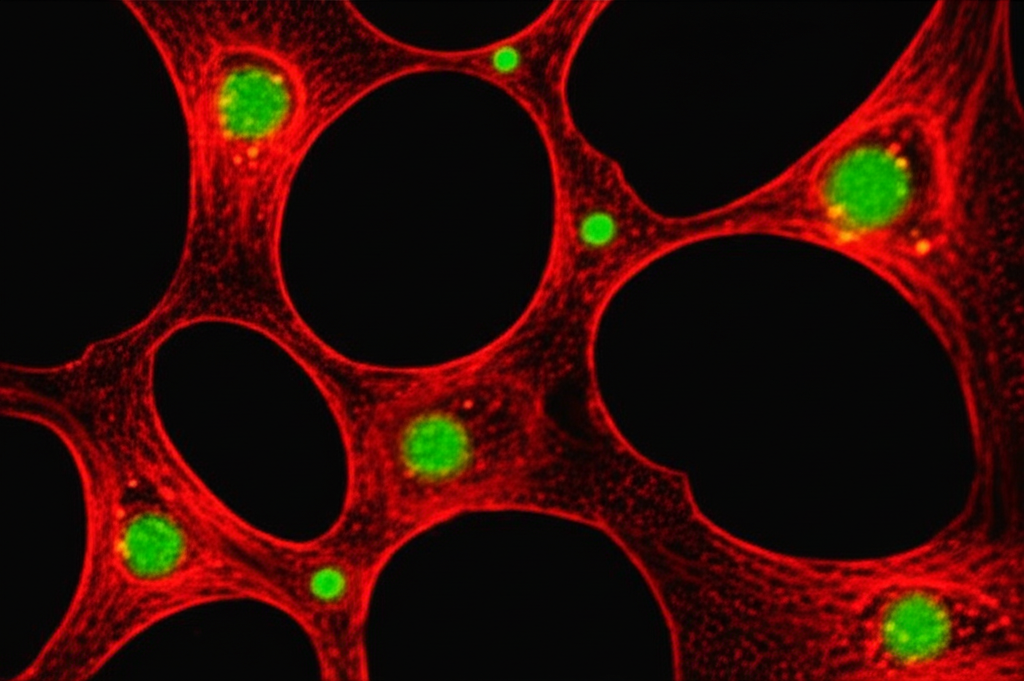Controlling rheology is a critical aspect in the formulation of paints, coatings, and various other industrial systems. It directly impacts application properties, storage stability, and overall performance. A key ingredient achieving superior rheological control is high-quality organic bentonite rheological additive. Among these, the 801-D type stands out as a highly effective and versatile option.
The 801-D rheological additive is a specially developed, dispersible, and self-activated organic ammonium montmorillonite organoclay. It is designed to provide excellent thickening and anti-settling performance across a broad spectrum of solvent systems. Its unique structure allows it to form a thixotropic gel network, preventing pigment sedimentation during storage and ensuring consistent film build during application.
This additive is particularly well-suited for formulations based on low-to-medium aliphatic hydrocarbons, esters, and ketones. Furthermore, in certain medium-to-high polarity solvent systems, such as xylene, xylene-ester blends (like xylene with butyl acetate), and xylene-ketone blends (like xylene with cyclohexanone), 801-D exhibits a valuable self-activating dispersion property. This means it can often be incorporated directly without the need for a separate polar activator, simplifying the manufacturing process.
However, for lower polarity solvents like 200# solvent oil, white oil, or mineral spirits, the inclusion of a polar activator is recommended to achieve optimal dispersion and activation of the organoclay structure. Common activators such as 95% ethanol, propylene carbonate, or a 95:5 mixture of ethanol and water are effective. The activator is typically added at 30-40% of the weight of the 801-D additive.
The versatile application profile of 801-D makes it indispensable in numerous industries. It is extensively used in
antiseptic paints, providing enhanced protection and stability. Its performance in
printing inks ensures sharp definition and consistent transfer. A notable application is in
boat paint, where it contributes to excellent anti-sag properties on vertical surfaces and long-term storage stability even in challenging marine environments. Other key applications include
industrial decorative paints,
car primer coats, and various
sealing materials.
Incorporating 801-D rheological additive is straightforward. It is typically added directly into the formulation during the grinding or dispersing stage. High shear mixing or milling equipment provides the necessary cutting power to effectively disperse and activate the additive within the system. For activator-assisted dispersion in low-polarity solvents, the activator is added after the initial wetting of the additive.

The recommended dosage of 801-D generally ranges from 0.5% to 1.5% of the total formulation weight. The optimal dosage depends on the desired level of thickening, the specific rheological profile required, the type and loading of pigments and fillers, and the polarity of the solvent system. Formulators are advised to conduct trials starting within this range, potentially referencing previous experience with similar organoclays like Bentone-SD1, to which 801-D is comparable in performance and usage.
Typical physical and chemical properties of 801-D include its appearance as a light yellow fine powder, a moisture content generally below 2.50%, a fineness of at least 99.0% passing through a 200 mesh sieve (74 microns), and a loss on ignition at 900ºC ranging from 36% to 41%. These properties ensure consistent quality and performance.
Selecting the right rheological additive is crucial for product success. The 801-D organic bentonite offers reliable performance, ease of use in suitable systems, and broad applicability, making it a preferred choice for enhancing the properties of various coatings and inks. For those seeking to optimize their formulations, understanding the benefits and proper application of such an additive is paramount.
When considering adding 801-D rheological additive to your product line, finding a reliable
manufacturer or
supplier is key. Prospective buyers often inquire about the
price per kilogram or ton, typical lead times, and minimum order quantities (MOQ). To
buy or
purchase 801-D, it is recommended to contact established suppliers who can provide technical data, samples, and support to ensure compatibility with specific formulation needs and processing equipment.
Manufacturing Facilities






Professional Export Experience
to Global Customers

1. 20 years of R&D, manufacturing and sales experience, serving customers in 60 countries and regions around the world;
2. Own R&D laboratory, pilot platform and large-scale production workshop, which can meet the audit requirements of global customers;
3. We can satisfy customers' perfect transition from small scale lab requirements (gram level) to commercialization requirements (hundred tons level).
A: We don't have Minimum Order Quantity, exact quantity should be provided before quotation for us to calculate the exact cost.
A: We don't provide free samples due to lots of request and expensive international courier's cost, we can deduct the sample charge after commercial order placed.
A: Our payment terms: Small or sample order: T/T IN ADVANCE. Commercial order: First order should be by T/T IN ADVANCE or L/C at sight, and following orders T/T 30~90days is acceptable subject to approval of credit application.